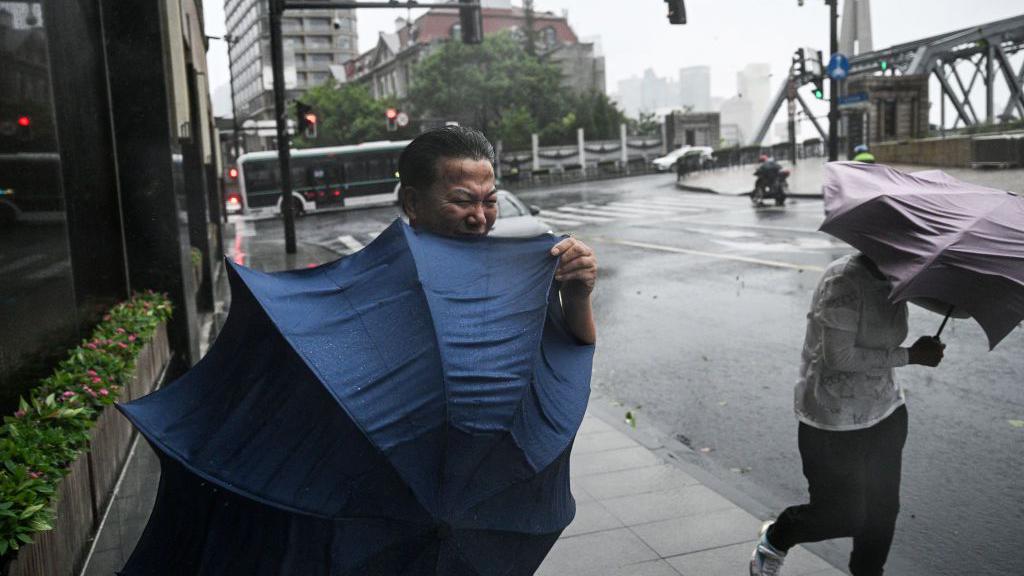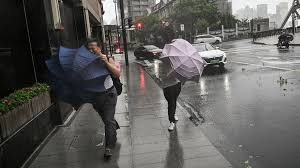Beijing: On Monday, the storm ‘Bebinca’ hit the Shanghai city of China, which is the most powerful storm to hit the city in the last 75 years. Due to this storm, life has come to a standstill. Shanghai’s Central Meteorological Observatory said that the storm reached the Lingang area of Shanghai’s ‘Pudong District’ with winds blowing at a speed of 42 meters per second. The city administration has already deployed thousands of relief and rescue workers to deal with any emergency. Bebinca is considered to be the most powerful storm to hit Shanghai in 75 years. This is the 13th storm to hit China this year.

How is the situation?
China’s official news agency ‘Xinhua’ said that the State Flood Control and Drought Relief Headquarters on Sunday increased relief measures for China’s eastern Anhui province and Shanghai and Zhejiang. Flight services in Shanghai have been canceled due to Bebinca. Shanghai Railway Station has announced the suspension of passenger trains on several routes passing through the city from Sunday to Monday. Hong Kong-based ‘South China Morning Post’ reported that till Sunday, more than 4,14,000 people were evacuated from this huge city with a population of 2.5 crores and all highways in the city have been closed.

Steps taken by the Chinese government
The Chinese government has also made preparations to deal with the storm. Thousands of relief and rescue workers have been deployed in Shanghai and relief camps have been set up at many places, where people can take shelter in case of emergency. Festival holidays are going on in China these days. In such a situation, the government has advised people to stay indoors. Due to the storm, many resorts, amusement parks and tourist places in Shanghai have been closed. Arrangements have been made for the stay of passengers due to cancellation of a large number of flights at airports.




